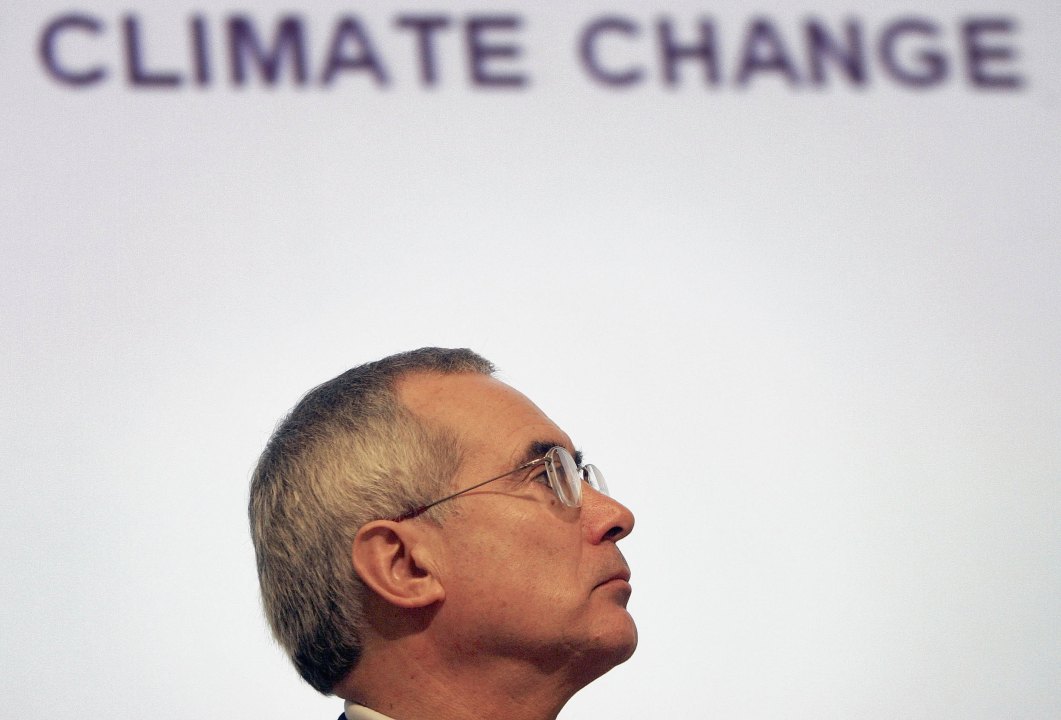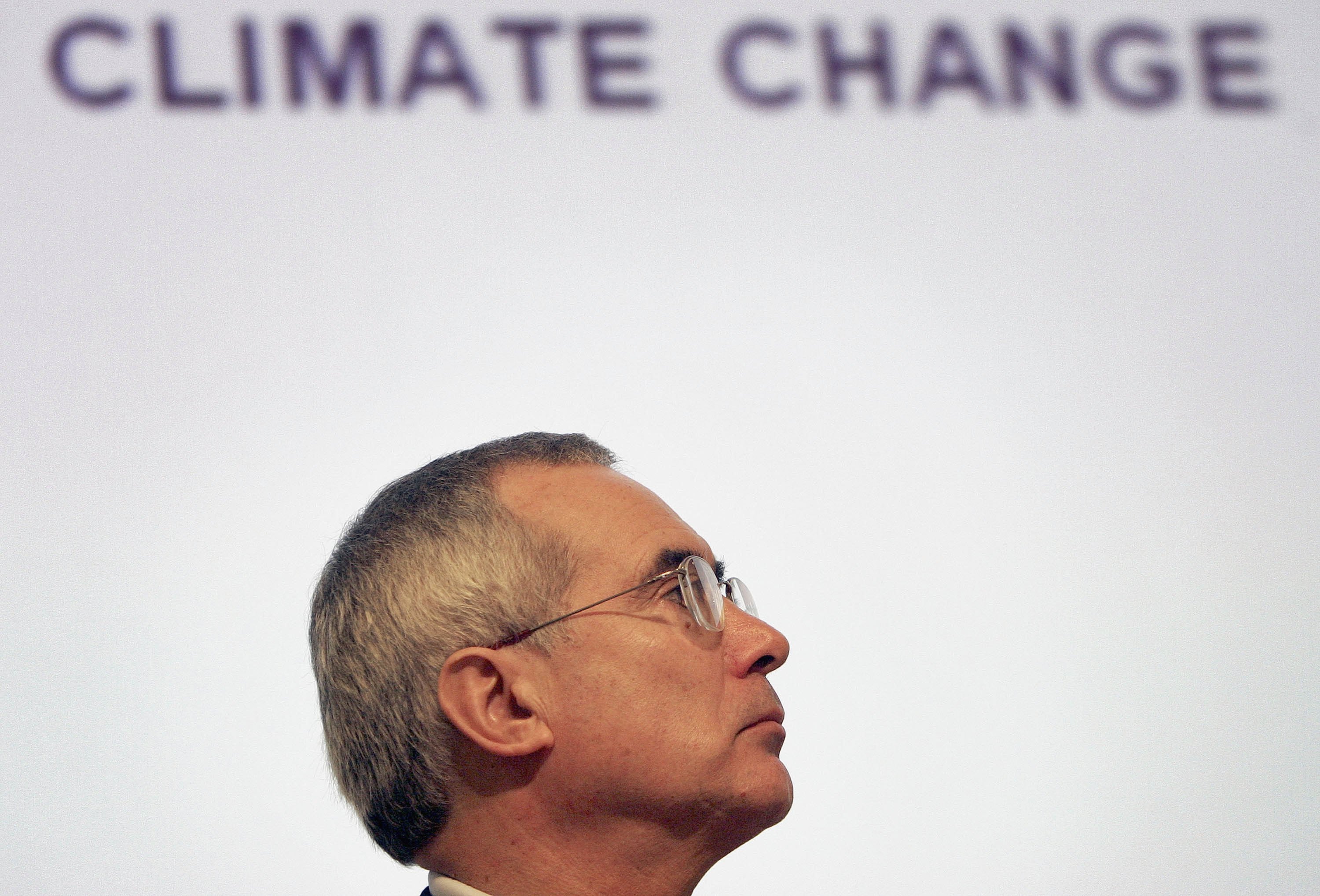 Why are so many intelligent people taken in by the climate change argument? I have long (and genuinely) suspected I’m missing something. So I tuned in to Start The Week to hear Sir Nicholas Stern back with a new book on climate change – which (surprise, surprise) he says has grown far worse since he came out with his review in Oct 06. Andrew Marr asked him why he, with a “flip of the wrist,” dismisses the argument of those who do not believe it is man-made. (There is a “yearning,” Marr says, to believe that it’s not really our fault). Stern (who has zero scientific expertise) replied that the “status of that argument now is like that between HIV and Aids or smoking and lung cancer.” Note a key characteristic of the climate change brigade: refusal even to recognise the opposing argument. And it is this which makes me so suspicious.
Why are so many intelligent people taken in by the climate change argument? I have long (and genuinely) suspected I’m missing something. So I tuned in to Start The Week to hear Sir Nicholas Stern back with a new book on climate change – which (surprise, surprise) he says has grown far worse since he came out with his review in Oct 06. Andrew Marr asked him why he, with a “flip of the wrist,” dismisses the argument of those who do not believe it is man-made. (There is a “yearning,” Marr says, to believe that it’s not really our fault). Stern (who has zero scientific expertise) replied that the “status of that argument now is like that between HIV and Aids or smoking and lung cancer.” Note a key characteristic of the climate change brigade: refusal even to recognise the opposing argument. And it is this which makes me so suspicious.
Stern’s report was based on a fake juxtasposition. Climate change will cost 20% of world GDP, he says, and he proposes a course of action that will cost 1% of world GDP. But what he doesn’t say in his 700-page report is just what we would get for that 1%. Would the potential damage be whittled down from 20% to 0% of GDP? Would it halve? Where is the bang for the buck? Stern never says. He fails to make a basic cost-benefit analysis.
In any other sphere of life, we would never accept this logical trick. Say a guy tells me my house is subsiding: sure, I’m worried. It won’t hit the property for 100 years, but I’d like to get it fixed. He suggests I pay him £10,000 to put matchsticks under the house. Would I go for it? Unlikely: I’d want a solution that remedies the problem. Yet this calculus seems to be entirely absent from the global warming argument. No one seems to ask that, if we reduce our carbon footprint by 80% as Stern proposes, how it would affect the trajectory of global warming. It is a fairly basic question, and I’m sure an answer is out there. But I’ve never seen one, and would be genuinely grateful if anyone out there can help.
Also, the man-made argument is not the binary choice that Marr suggests: ie, is it man made or not. For my part, I believe that the planet is warming and that humans are partly responsible. The issue is: how big a part? How much of global warming is created by man-made activity? Are there any studies seeking to quantify this? I haven’t seen any: just the assertion that it’s man-made and a Stern-like refusal to enter debate about it. Again, there must be studies – but they’re certainly not the the Stern review. Can anyone help?
It is often said that global warming is the fastest-growing religion in Britain (perhaps why Rowan Williams wants to incorporate it into the Church of England, just as the early Christians wanted to incorporate Britain’s pagan festivals). This argument is made because of the way the debate is conducted: you either “believe the science” or you are a “denier”. Now, this approach may well unfortunately disguise very good, measured arguments why we should take action to reduce carbon footprints. But I have never, ever seen any attempt to quantify how far man-made action can realistically hope to stem global warming. If such a case has been convincingly made by someone, I’ll shut up.








Comments